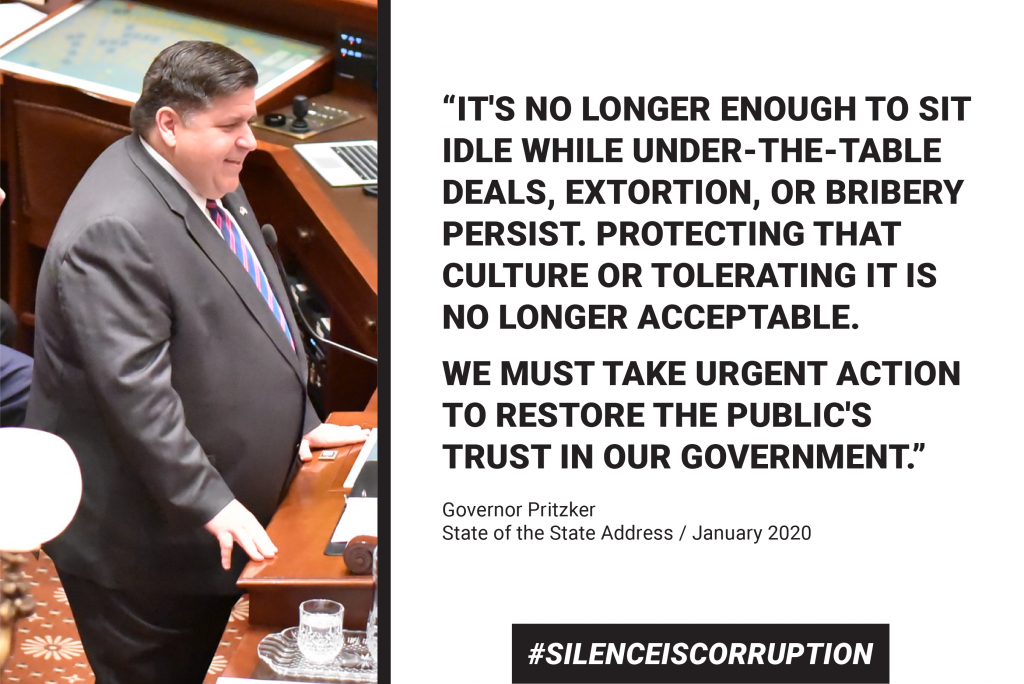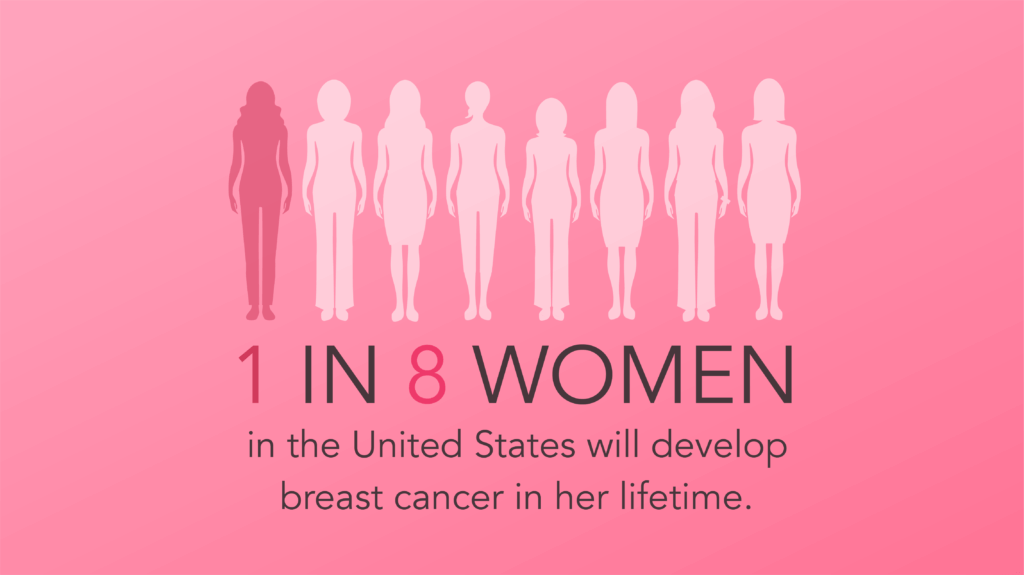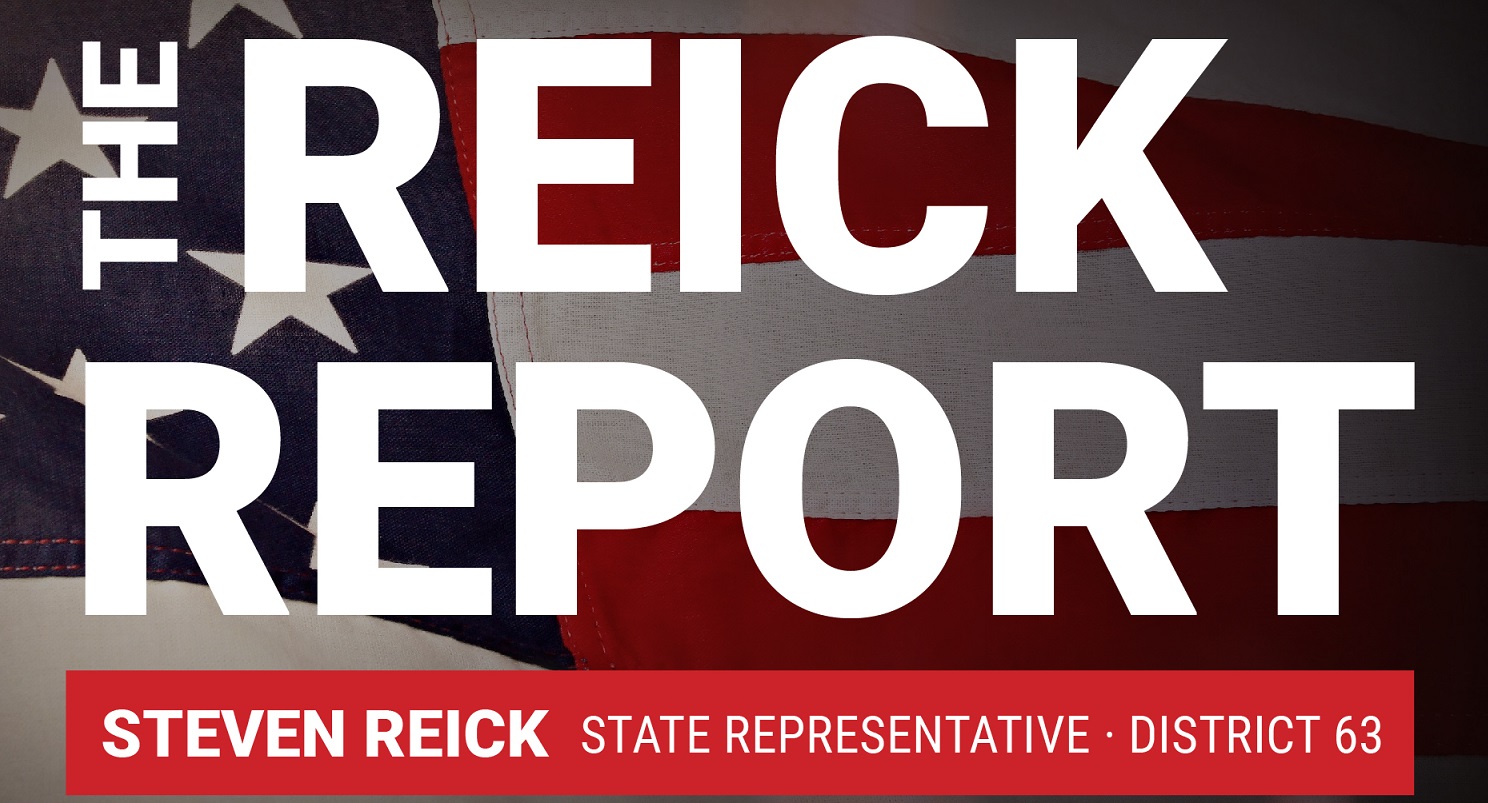Despite Pritzker Mandate, if it Relates to Ethics, It’s on Hold in Illinois

During his January State of the State Address this year, Governor JB Pritzker said the General Assembly must take “urgent action to restore the public’s trust in our government.” It’s time for Governor Pritzker to show leadership in this area, and demand action now.
This week 15 different boards, commissions and committees are meeting to discuss important state business. But do you know who’s not meeting? The Joint Commission on Ethics & Lobbying Reform and the Special Investigating Committee (SIC) into the ethical conduct of Michael J. Madigan. Whether it relates to the broad issue of ethics under the Springfield dome or the specific conduct of the Speaker of the House, Illinoisans can no longer deny the Democrats’ motives. Simply put, those who control the legislature do not want to address or reform ethics. They’re not interested in strengthening ethics laws or in holding legislators accountable.
During the current 101st General Assembly, House Republicans filed dozens of ethics reform bills. Rather than bringing any of these substantive measures forward, Democrats instead decided to create the Joint Commission on Ethics & Lobbying Reform. They promised the commission would study ethics and lobbying laws and bring forward strong policy recommendations. That didn’t happen, because the commission never finished it’s work. The commission never met to finalize policy recommendations or to approve the final report that was supposed to be sent to the General Assembly more than six months ago.
The Joint Commission on Ethics & Lobbying Reform, which last met on March 5, has now gone seven months without meeting. The last communication from the Democratic Chair (Democrat Greg Harris) was on August 24, when he responded to a Republican press conference where commission members demanded the commission reconvene. On that day, Rep. Harris accused Republicans of playing political games and announced that a report would be coming soon. That was seven weeks ago.
This week, a group of non-partisan organizations that promote good government in Illinois issued a statement urging the Joint Commission to complete its work. The statement also expressed disappointment about the long hiatus. The following groups signed the statement: the Better Government Association, Change Illinois, Common Cause Illinois and Reform for Illinois. Click here to read their statement. In addition, the Better Government Association recently published a blueprint for ethics reform in Illinois, and I support the suggestions. You can read their recommended reforms here.
SAFE Task Force Issues Final Report on Protecting Students from Sexual Abuse in School Settings
Last year I was the leading Chief Co-Sponsor of SB 456, which created Illinois’ Make Sexual Abuse Fully Extinct (Make S.A.F.E.) Task Force. Those chosen to serve on the task force were charged with studying issues concerning the sexual abuse of students in school-related settings. The panel reviewed best practices for preventing the sexual abuse of students in a school-related setting or by school-related perpetrators, including school district employees or other students, how to best address that abuse, and the proper support for students who have suffered from that abuse. The review also examined the best practices at all schools maintaining prekindergarten through grade 12, regardless of whether the school is a public school, nonpublic school, or charter school.
I’m pleased to announce that this important task force has issued its final report. The report includes 21 different policy recommendations to better protect our children from predators while at school. To view a copy of the Make S.A.F.E. Task Force report and the 21 recommendations, click here. The recommended policy changes begin on page 18.
Breast Cancer Screening Legislation Supported by Reick Signed into Law

October is Breast Cancer Awareness Month in Illinois, and I wanted to share great news about a new law that hit the books this year. SB 162, which I was proud to support, expands health insurance coverage for mammograms and other breast cancer screenings. It expands private insurance and Medicaid to cover screenings and other preventative measures that aid with early detection. Mammograms, ultrasounds and MRIs are now covered when deemed medically necessary by a physician, advanced practice nurse or physician assistant.
According to the Illinois Department of Public Health, upwards of ten thousand women in Illinois are diagnosed with breast cancer each year, and the risk of getting breast cancer has increased for black women and Asian and Pacific Islander women over the last decade. With the new law increasing access to preventative care, early detection and treatment can help save lives.
Webinars Scheduled to Support Advancement of Women-Owned Businesses

October is also National Women’s Small Business Month. The Illinois Department of Commerce and Economic Opportunity (DCEO) is hosting a series of webinars to support the advancement of women-owned businesses. The discussions scheduled by DCEO will offer support and insights for small businesses to grow, position themselves, and seek out resources that will help them overcome the effects of the ongoing COVID-19 pandemic.
- October 22 at 2 pm – Women Get Involved in Manufacturing
This webinar focuses on ways to uplift women in manufacturing roles through the insights of industry leaders. The talk will focus on helping students with a closer look at what it takes to enter the industry. Panelists include: Erin Hallstrom, Influential Women in Manufacturing, Annie Mouhaupt, Owner of Moho and Melissa Lederer, Owner of MHUB, and more. - Various Dates – All in for Women: BIG Webinars
The DCEO Office of Minority Economic Empowerment (OMEE) will host a seminar on the Business Interruption Grant (BIG) Program. In this webinar, women owned businesses will learn about eligibility, program details, and the application process. Technical assistance support will also be provided for the last 30 minutes of every session. Workshops on BIG will take place on the following dates:
Tuesday. October 20, 2020 2:00 p.m.
Tuesday, October 27, 2:00 p.m.
Fitch Ratings Renews Concerns about Illinois’ Debt Standing
Illinois currently has, in the eyes of Wall Street and global bond buyers, a financial functionality level that is barely above junk-bond level. Any further downgrade by Fitch or either of the two other major debt rating agencies, Moody’s and S&P, could push State of Illinois general-obligation debt below the junk-bond line that separates investment securities from shaky debt seen as not possessing investment-grade characteristics.
In a report published last week, Fitch analysts laid out elements of future empirical data that could lead them to downgrade Illinois. Items of data that Fitch will be looking at include changes in Illinois’ pension liabilities, the appearance or non-appearance of further aid from Washington, D.C., the effectiveness of any budget reduction plan promulgated by the Pritzker administration, a potential further downturn in the economy of the U.S., and changes negative to Illinois in global import/export and trading patterns.
Illinois is preparing to sell $850 million in additional general obligation (GO) bond debt, with the securities scheduled to go to market on or about Tuesday, October 20. With reference to this pending sale, Fitch analysts reaffirmed the status of Illinois GO debt as BBB- with a negative outlook, the lowest investment-grade rating possible.
CGFA Finds Plummeting Revenues from Gaming during Pandemic
These findings came in a report published by the Commission on Government Forecasting and Accountability (CGFA), the General Assembly’s nonpartisan budget-monitoring arm. CGFA monitors State tax revenues from gaming. Most State gambling taxes are imposed on a percentage basis, and so tax revenues are an accurate reflection of overall legal gaming activity throughout Illinois. On Friday, October 2, CGFA reported to the General Assembly on the impact of the pandemic on FY20 gaming statistics.
In FY20, gaming tax revenues fell by 13.4% compared to the prior fiscal year. With respect to FY20, the fiscal year that ended on June 30, gambling activities came under sharp assault from the COVID-19 pandemic in mid-March. Pursuant to a declaration of emergency by Gov. JB Pritzker and public health orders posted pursuant to the emergency, Illinois riverboat casinos shut their doors. Most video gaming activities, held in taverns, video-gaming parlors and other indoor spaces affected by these orders, slowed down or stopped. What had been a healthy revenue stream for the State dropped sharply. Plummeting gaming revenue was identified as another sign of Illinois’ overall budget woes.
Harvest Time Begins in Illinois

Relatively sunny, dry weather sped the combines out into the fields last week. As of the week ending on Sunday, October 4, the Illinois corn crop was 89% mature and ready for harvest, but as of that day only 26% of the corn was in the bins. More than half of the harvest-ready corn was still out on the stalks at the beginning of this week, and it was time to start bringing it in. Almost three-quarters of the corn field operators were reporting a good crop, with 58% of the acreage described as “good” and 15% as “excellent.” Condition in the soybean fields were equally positive (75% good or excellent), and 25% of the beans had been harvested. The Illinois crop figures are the product of weekly reports generated by farmers who are in electronic contact with the U.S. Department of Agriculture (USDA). The USDA compiles these reports into a weekly summary for Illinois and the other major farm states.
